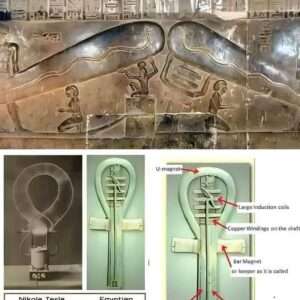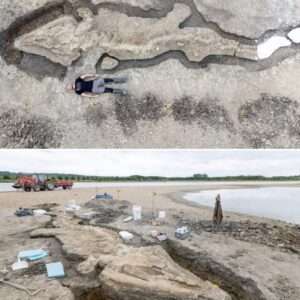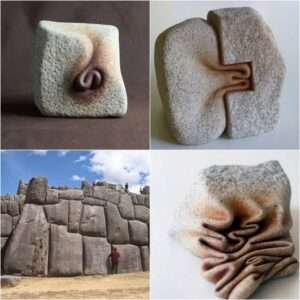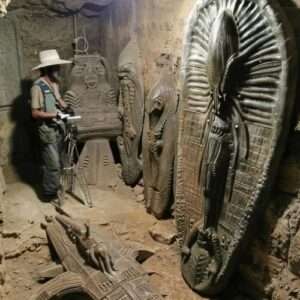Nestled within the ancient city of Ephesus in modern-day Turkey, the Theatre of Ephesus stands as a timeless marvel that echoes through the annals of history.
This monumental amphitheater, situated on the slopes of Mount Pion, boasts a capacity of up to 25,000 spectators, solidifying its reputation as one of the grandest theatres of antiquity. Constructed during the Hellenistic era and expanded by the Romans, the theatre was a hub of cultural and entertainment activities, hosting everything from tragic and comedic plays to gladiatorial contests and public gatherings.
The architectural brilliance of the Theatre of Ephesus is evident in its sweeping semi-circular layout and tiered seating arrangement, a testament to the skill and creativity of ancient builders. Remarkably, even after centuries have passed, the acoustics of the theatre remain unparalleled, with unamplified voices carrying seamlessly to every corner of the vast arena.

This auditory marvel adds a dimension of awe to the historical site, allowing visitors to experience the same acoustic wonders that enthralled audiences in ancient times.
Beyond its architectural and acoustic splendor, the Theatre of Ephesus also played a pivotal role in shaping historical events. One notable instance, chronicled in the Bible’s Book of Acts, recounts a riot incited by the preaching of Saint Paul within the theatre’s hallowed walls, underscoring its significance as a platform for civic and religious discourse.
The convergence of art, politics, and religion within this grand amphitheater paints a vivid picture of the diverse cultural tapestry that defined Ephesus and the wider ancient world.
Today, as visitors wander through the well-preserved ruins of the Theatre of Ephesus, they are transported back in time to an era of artistic magnificence and intellectual fervor. The enduring legacy of this ancient theatre serves as a reminder of the rich heritage and legacy of Ephesus, a city that continues to resonate with echoes of its illustrious past.





